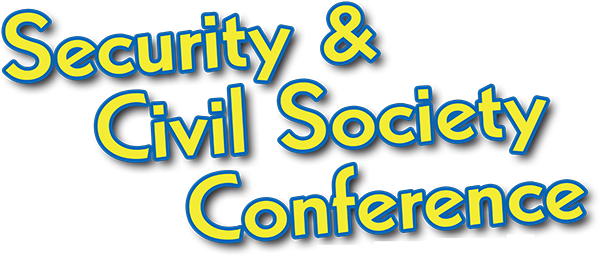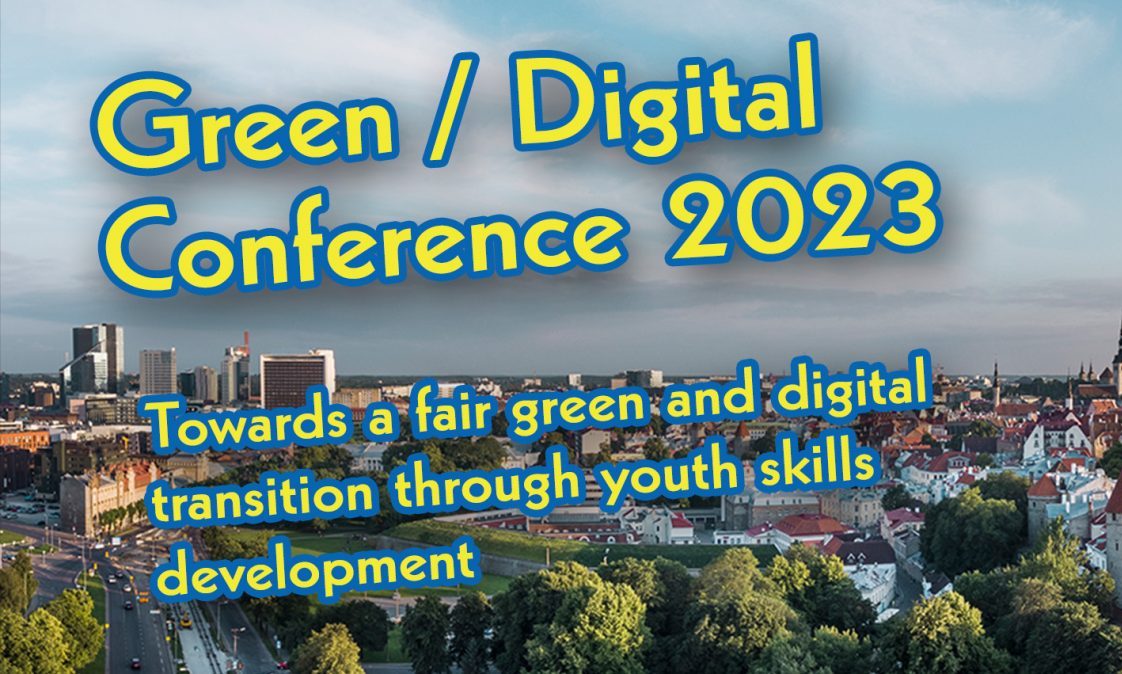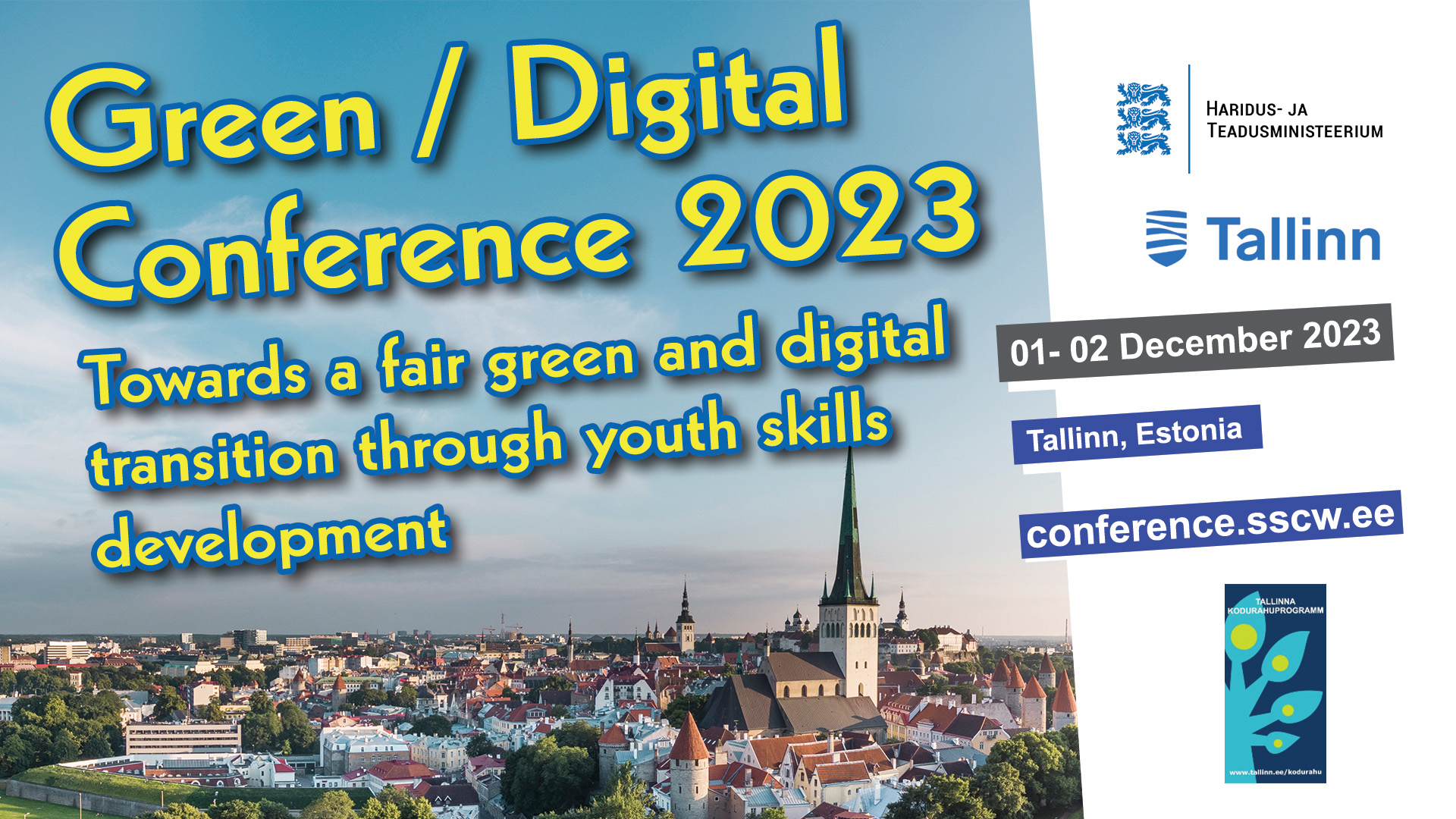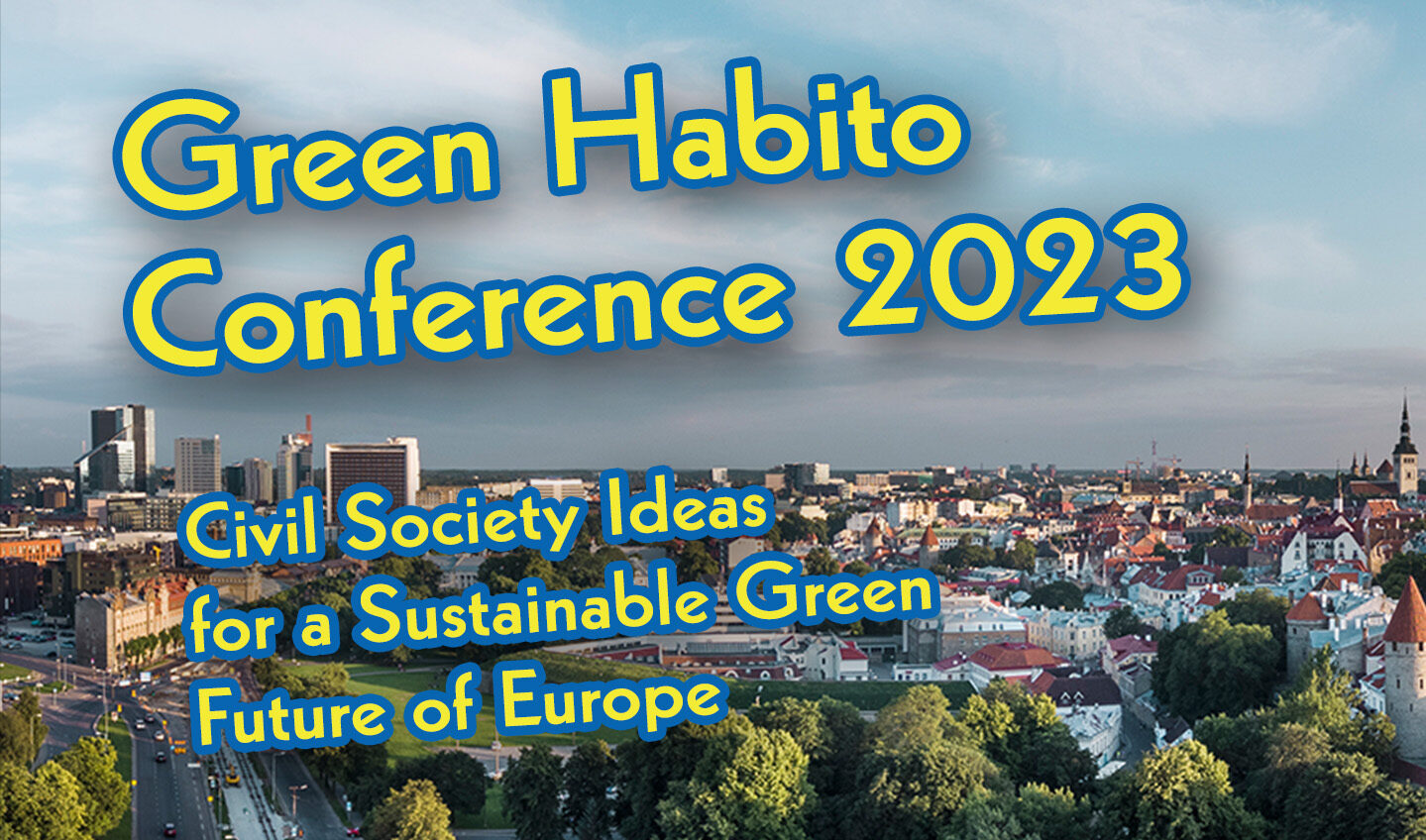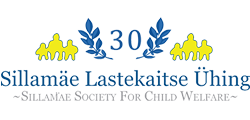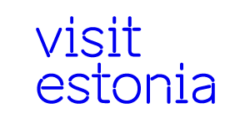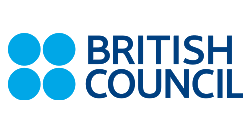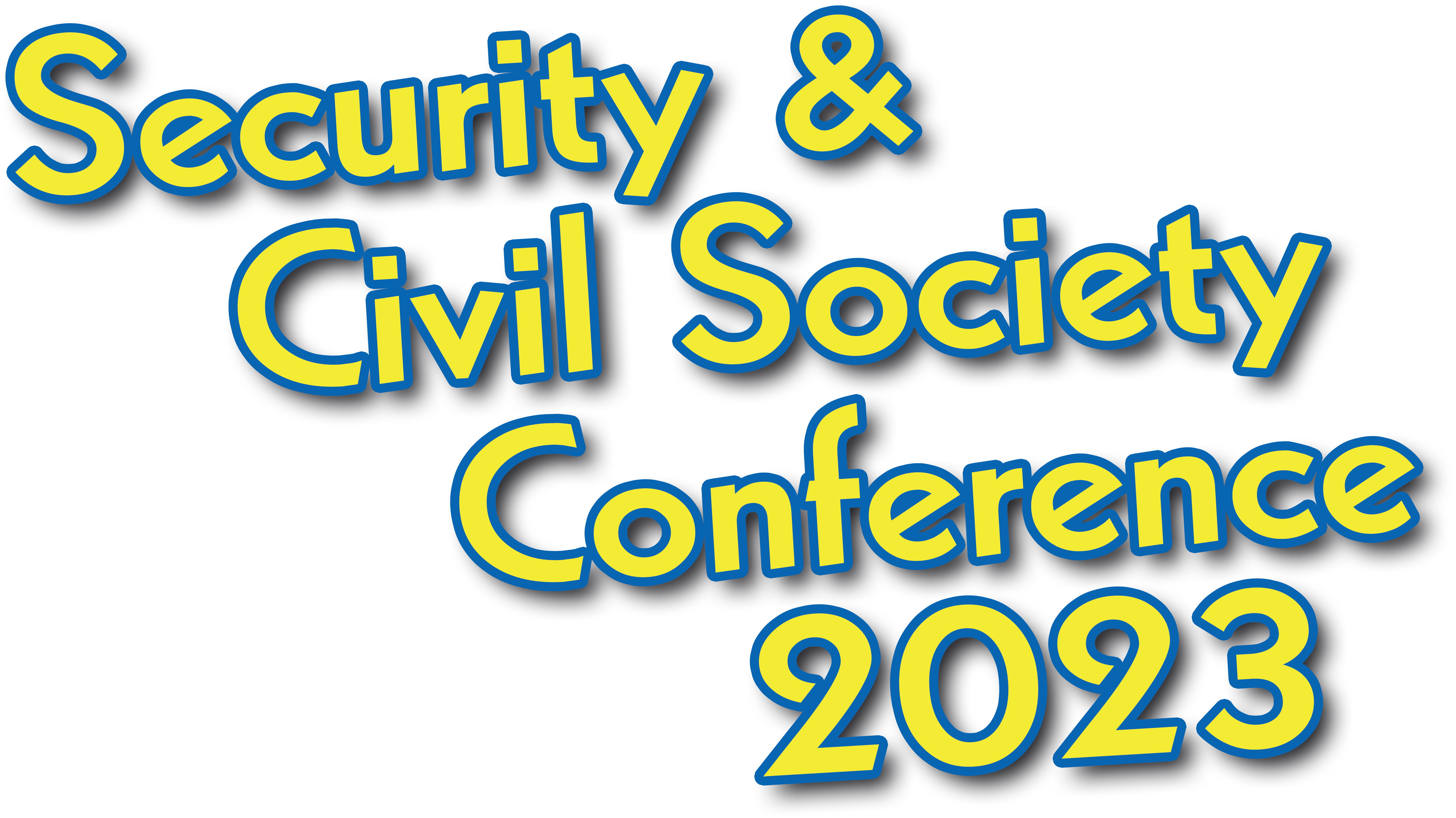The project „Global Conversation 2021“ is supported by the European Regional Development Fund through Enterprise Estonia with 30 000 euros.

The conference Global Conversation 2021 (with the previous name “UN75 Global Conversation 2020” ) will bring together interested individuals, representatives from public, private, and civil society sectors whose work is connected directly or indirectly with United Nations Sustainable Development Goals (UN SDG-s).
The conference was originally planned for October 2020 and was postponed to August 2021 due to COVID-19.
The aim of the conference is to explore the implementation of the UN75 declaration and promote new international cooperation in the achievement of the UN SDGs, human and digital rights, climate change, and more ambitious Nationally Determined Contributions (NDCs) at COP 26 in a globalized world.
Additional objectives include:
- To reach conclusions on how better to promote and spread knowledge and awareness of the UN’s Sustainable Development Goals, Human Rights instruments, and international legal frameworks;
- To explore how to use digital technologies to promote and engage communities and individuals to help achieve the UN SDGs and human rights protections;
- To identify how UN SDGs may be implemented on a local and international level;
- To share practical skills on how to utilize the existing international and green economy and digital instruments to improve climate change policies, sustainability of society, and develop better tools for good governance.
- To build a network of stakeholders, government representatives, and other relevant organizations to implement the outputs of the Global Event and the UN’s Global Conversation in terms of the UN75 declaration implementation plan;
As a result, the Tallinn Declaration will be finalized and approved, together with local Citizens’ action plans, which will be submitted to the UN General Assembly, various international and governmental organizations, and the media.
The international event is open to all interested individuals, representatives from public, private and civil society sectors, including youth organizations, educational institutions, finance industry leaders, academics, researchers, legislators, planners and policy specialists in all relevant areas, representatives from UN organizations, intergovernmental organizations, governments, ministries or departments, international donors, national and regional human rights institutions.
The program will consist of plenary lectures and speeches, panel discussions, workshops, study visits, a round table, and World Café discussions involving all participants. Participants will be expected to share their experience – and emphasize to younger participants their perspectives on the ‘art of the possible. They will also be expected to deliver targets and action ideas for implementation at local, national, and international levels. The focus will be to contribute effectively to the UN’s Global Conversation – and get educational and political institutions, communities, and individuals involved back in their home countries.
The Conference topics will cover for example on how to enable the UN to be more effective at promoting peace and preventing conflict, through enhanced peace-keeping and conflict transformation operations, intercultural dialogue, youth exchanges and international digital Citizens’ Assemblies on key UN decisions. The second topic of the conference is sustainable growth and how to achieve full employment by 2030 and decouple economic growth from environmental degradation through Green Growth and improved resource efficiency. The topics are also digital cooperation – how to ensure safe and affordable digital access for all, secure digital human rights for all with increased security and reduced inequality in the context of a revised Human Rights regime 2.0 fit for 21st Century Realities, and how to take urgent action to combat Climate Change – explore and expand on COP-26 strategies and identify the most effective Citizen Actions to support them to achieve SDG 13 goal of halting and reversing global heating.
The working language is English. French and Russian translations will be provided.

